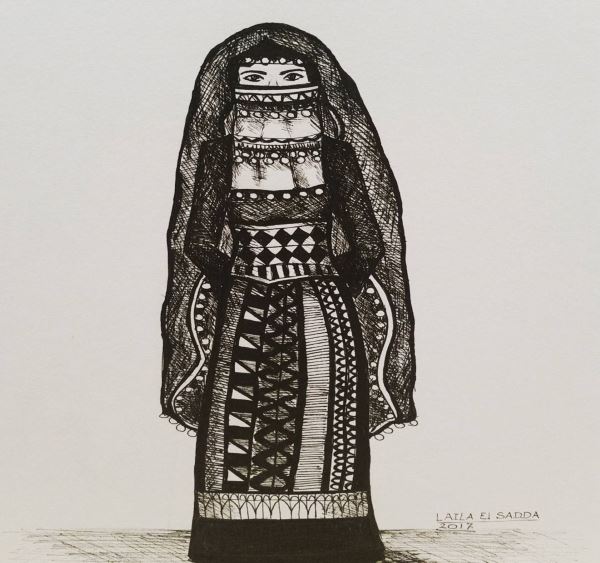Hina Jilani on the value of the rights discourse in the context of political Islam
Excerpts from an interview with Ayesha Khan
DOI:
https://doi.org/10.31273/fd.n3.2018.378Abstract
Hina Jilani is one of Pakistan’s most influential human rights activists and a leader of Women’s Action Forum, the group that began the modern women’s movement in the country. She co-founded the first women’s law firm and legal aid organisation, AGHS, and the Human Rights Commission of Pakistan. At the international level she has held numerous positions as well. She is a member of the Eminent Jurists Panel on Terrorism, Counterterrorism and Human Rights. In 2009, she was appointed to the United Nations Fact Finding Mission on the Gaza Conflict. She was also UN Special Representative on Human Rights Defenders (2000–2008); appointed to the UN International Fact-Finding Commission on Darfur (2006); and served as President of the World Organisation Against Torture (2016).
Jilani received the Amnesty International Genetta Sagan Award for Women’s Rights (2000), and the Millennium Peace Prize for Women (2001). She is a member of The Elders, an independent group of global leaders working together for peace and human rights, founded by Nelson Mandela.
Below are edited excerpts from an interview with Ayesha Khan held at Jilani’s home in Lahore on 23 October 2015.
Downloads

Downloads
Published
Issue
Section
License
Authors who publish with this journal agree to the following terms:
- Authors retain copyright and grant the journal right of first publication with the work simultaneously licensed under a Creative Commons Attribution Non-Commercial Share Alike License that allows others to share the work with an acknowledgement of the work's authorship and initial publication in this journal, providing it is not used for commercial purposes and any derivative work is shared with the same license.
- Authors are able to enter into separate, additional contractual arrangements for the non-exclusive distribution of the journal's published version of the work (e.g., post it to an institutional repository or publish it in a book), with an acknowledgement of its initial publication in this journal.
- Authors are permitted and encouraged to post their work online (e.g., in institutional repositories or on their website) prior to and during the submission process, as it can lead to productive exchanges, as well as earlier and greater citation of published work (See The Effect of Open Access).
